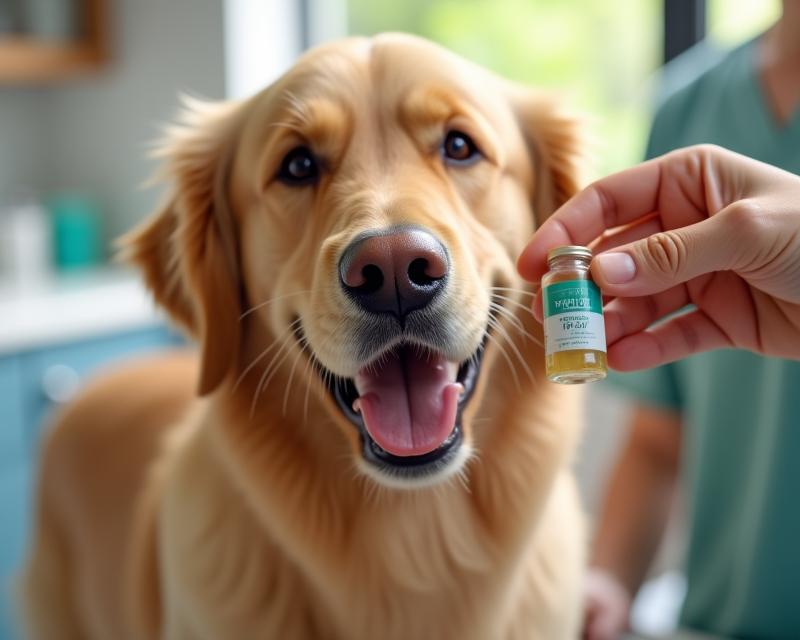Pet Supplements: Boosting Health & Vitality
Publish in Health el 28/06/2025 23:03
Pet Supplements: Boosting Health & Vitality
As pet owners, we all want the best for our furry, scaled, or feathered companions. While a balanced diet is the cornerstone of good pet health, sometimes a little extra boost can make a big difference! Pet supplements can be a fantastic way to address specific needs and enhance overall well-being. But navigating the world of pet supplements can be confusing. This article will break down some popular options and help you decide if they're right for your pet.

Why Consider Supplements?
Think of supplements as adding extra vitamins and minerals to your pet’s diet. They aren't meant to *replace* a complete and balanced food, but rather to complement it. Certain life stages, health conditions, or dietary restrictions might make a supplement beneficial. For example, senior pets often benefit from joint support, while pets with sensitive stomachs might need digestive enzymes. It's always best to consult with your veterinarian before starting any new supplement regimen to ensure it's safe and appropriate for your individual pet.
Popular Supplements & Their Benefits
Here are a few commonly used supplements and what they can do:
- Omega-3 Fatty Acids: Excellent for skin and coat health, reducing inflammation, and supporting joint function. Often found in fish oil or flaxseed oil.
- Probiotics: Help maintain a healthy gut microbiome, aiding digestion and boosting the immune system. Great for pets experiencing digestive upset.
- Glucosamine & Chondroitin: Popular for supporting joint health in dogs and cats, especially as they age. Can help reduce pain and improve mobility.
- Vitamin D: Important for bone health and immune function. Some pets may be deficient, especially those with limited sun exposure.
- Digestive Enzymes: Can assist with breaking down food, particularly beneficial for pets with sensitive stomachs or those prone to gas.
Important Considerations
Not all supplements are created equal! Look for reputable brands that have been tested for quality and purity. Pay attention to the dosage recommendations on the label and always follow your veterinarian's advice. Some supplements can interact with medications, so it's crucial to inform your vet about everything your pet is taking. Finally, remember that supplements are *not* a magic bullet. A healthy diet, regular exercise, and routine veterinary care are still the most important factors in your pet’s well-being. By working with your veterinarian, you can determine if supplements are a beneficial addition to your pet’s care plan and help them live a long, happy, and healthy life!





